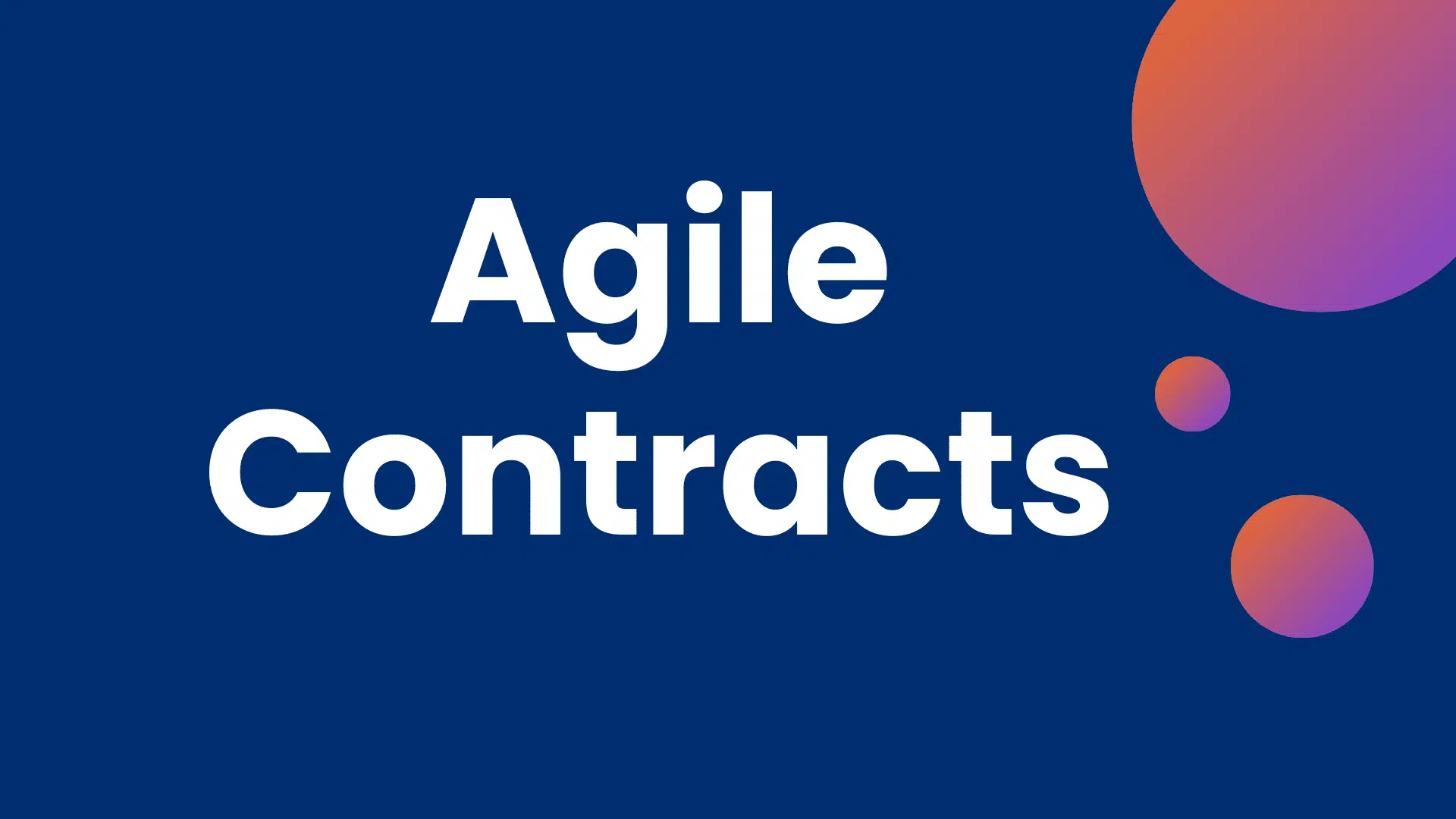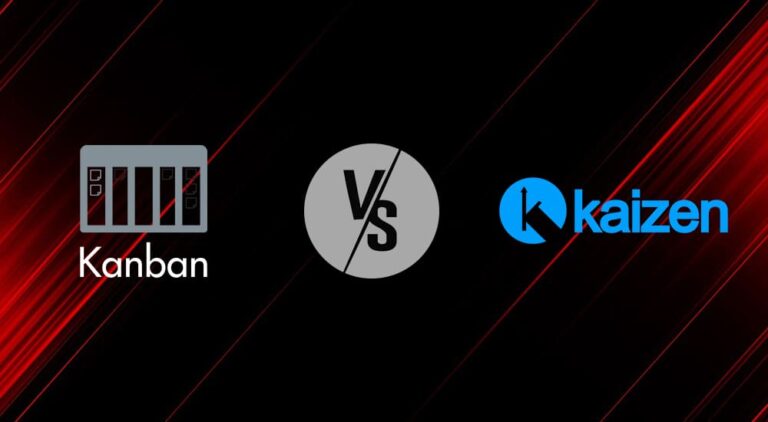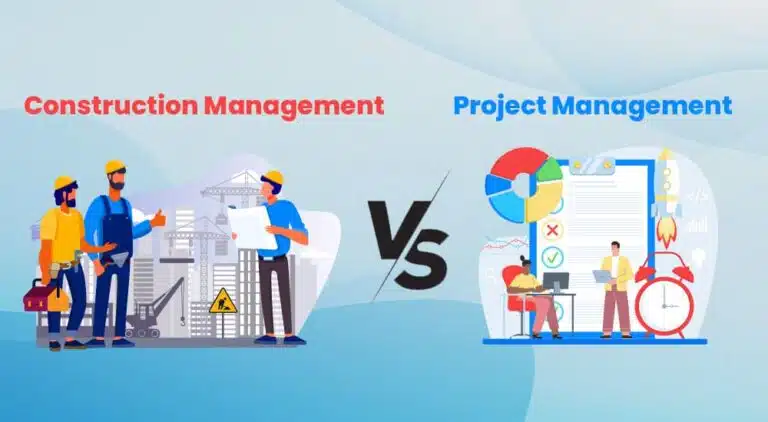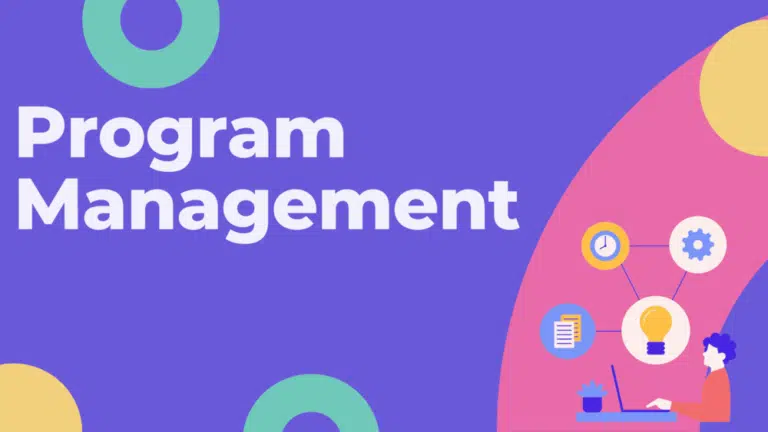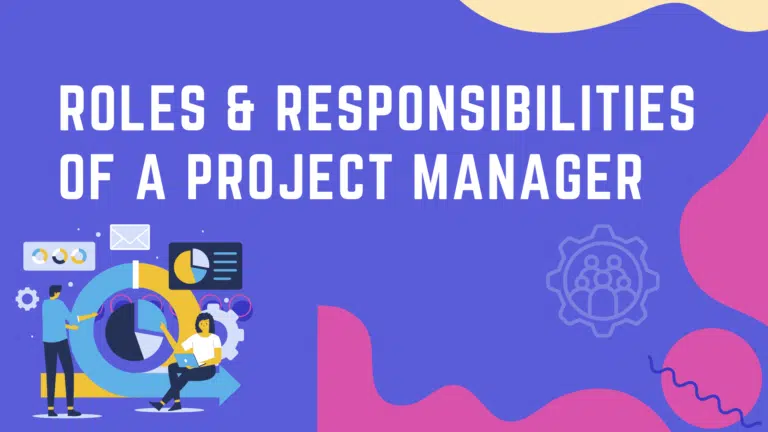Agile contracts are different from traditional project management contracts.
In traditional project management, the scope of work is well-defined, so developing a fixed contract type is easy. Both parties sign the contract, the seller completes the task, and the buyer pays the seller for their services.
However, Agile processes are different because the project scope of work is not well defined at the initial stage of the project lifecycle. So, there is a need to modify the existing contract to satisfy the agility of software development.
Today’s blog post will discuss agile contracts.
What is an Agile Contract?
Agile contracts are agreements between two parties designed to adapt to agile methodologies’ iterative and collaborative nature.
A few characteristics of Agile contracts are as follows:
- Flexible Scope: Agile contracts let you change the project scope as priorities shift or new insights emerge during development. This flexibility helps buyers adjust requirements based on feedback and evolving business needs.
- Iterative Delivery: Most Agile contracts have iterative delivery cycles, in which you will deliver working increments of the product at regular intervals (also known as “sprints” or “iterations”). This allows the client to see tangible progress and provide feedback.
- Collaboration and Transparency: Agile contracts emphasize collaboration between the client and the development team. All stakeholders work together to prioritize features, make decisions, and address challenges as they arise. Transparency is crucial, with open communication and regular reporting on project status and progress.
- Outcome-Based Payments: Agile contracts can offer outcome-based payment structures instead of payments made solely on deliverables or milestones. The client can tie the payments to the value delivered by the product, as determined by predefined metrics.
Types of Agile Contracts
In Agile, you can use the following three types of contracts:
- Time and Material (T&M)
- Agile Fixed Price (AFP)
- Outcome Based
Time and Material (T&M)
In this contract, the scope and costs are not fixed initially. The client pays for the time and resources the seller spends on the project. This contract has inbuilt flexibility for requirements, accommodating changes throughout the development process.
The client can prioritize tasks and adjust them based on evolving needs. This approach promotes close collaboration between the buyer and seller, thus enabling quick responses to changes and ensuring that the project stays aligned with the goal.
This contract provides transparency as the client can track real-time progress and expenses.
Agile Fixed Price (AFP)
In this contract, the buyer and seller agree with the project scope and cost at the beginning of the project—regardless of the time and resources that will be expended. The scope of work is well defined, and the seller commits to the deliverables within a set timeframe and budget.
The client pays a fixed amount for the entire contract. This approach provides certainty to both parties regarding project costs and timelines. It encourages efficient use of resources and careful planning to ensure the project is completed within the agreed-upon parameters.
This contract offers the least flexibility to accommodate changes or evolving requirements.
Outcome Based
In this contract, the client pays based on the results rather than the time or resources expended. The seller agrees to deliver to complete the contract within a set timeframe. The client pays for the completed outcome or deliverable.
This approach incentivizes the seller to focus on delivering value rather than completing tasks. It encourages collaboration and innovation as both parties define clear and measurable goals.
This contract shifts the risk from the client to the seller to deliver the agreed-upon outcomes. Outcome-based contracts promote accountability and ensure that the client will benefit from the project.
Summary
Agile contracts offer flexible, collaborative approaches to cater to the dynamic nature of modern business environments. They encourage close collaboration between buyers and sellers, and they promote innovation and efficient resource utilization. Agile contracts minimize harmful risks, focus on iterative development, and deliver tangible outcomes.

I am Mohammad Fahad Usmani, B.E. PMP, PMI-RMP. I have been blogging on project management topics since 2011. To date, thousands of professionals have passed the PMP exam using my resources.

